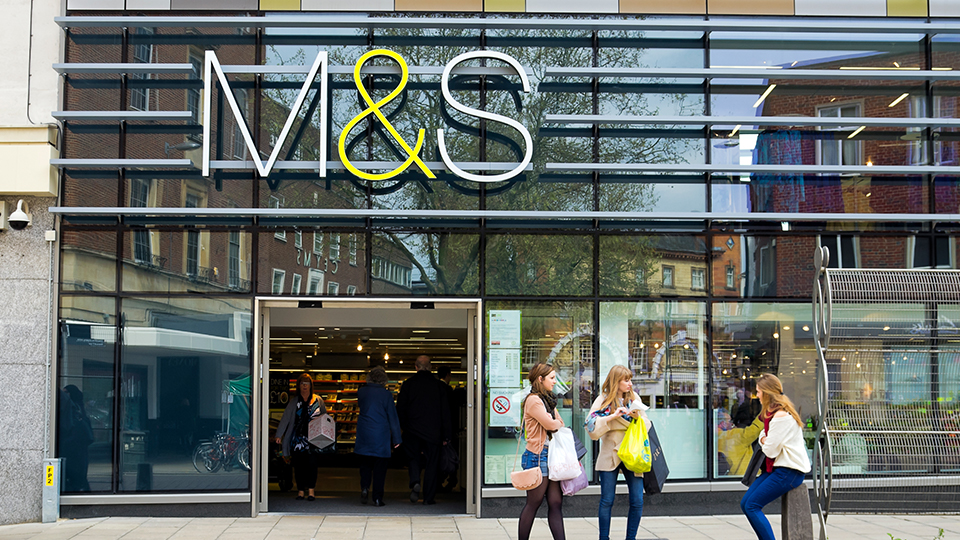Below, Professor Oli Buckley, Professor of Cyber Security, comments on why there is never a quick fix in situations like this, and ultimately why cautiousness and logic is the best way to resolve the problem properly.
“We often see a cyber attack as a brief flash, it comes out of nowhere, we learn that some data has disappeared and then everything is up and running again. In reality, the impacts usually linger for far longer, but that isn’t usually of much interest as the exciting bit has already happened, and it often happens behind the scenes.
“Marks & Spencer and the Co-op are facing that kind of incident, it’s the equivalent of a burst pipe, but it isn’t just one room that’s flooded, instead we’re seeing the floorboards starting to warp and the plaster get a bit soggy.
“I think this is also attracting so much attention because both Marks & Spencer and the Co-op are national institutions and are woven into our daily lives and it amplifies the feelings and the speculation. Nobody wants to think of Percy Pig or Colin the Caterpillar being embroiled in cyber crime. For several people these attacks have really brought home that an incident can impact all of us, it’s not just big tech giants or ‘new’ companies that are affected.
“The key thing to remember is that the Co-op and Marks & Spencer aren’t just retailers, they’re complex ecosystems. When one part breaks, the knock-on effects ripple through warehouses, delivery routes, and customer service. With Co-op, for example, getting bread back on the shelf in Penzance isn’t just about turning a lorry around. It’s about dozens of micro-decisions all needing to go right. As part of the solution, they’re are prioritising lifeline stores, but that means others still face shortages. There’s a very British irony to it all: we’ve got world-class cyber criminals… and no sandwiches in Inverness.
“Meanwhile, the situation at M&S has grown more serious. We now know that personal customer data, names, addresses, contact details, has been compromised. While no payment information was compromised, breaches like this feel deeply personal. It’s one thing to lose access to your online shop, quite another to wonder who now has your email address or order history.
“The delayed release of information is not necessarily a negative thing, instead it points to things being handled cautiously and in a logical manner. Incident response is all about getting things right first and foremost and so jumping to conclusions to get the answer out there quickly would not be a good option.”
To arrange an interview with Professor Oli Buckley, email the Public Relations team or call 01509 222224.
ENDS















